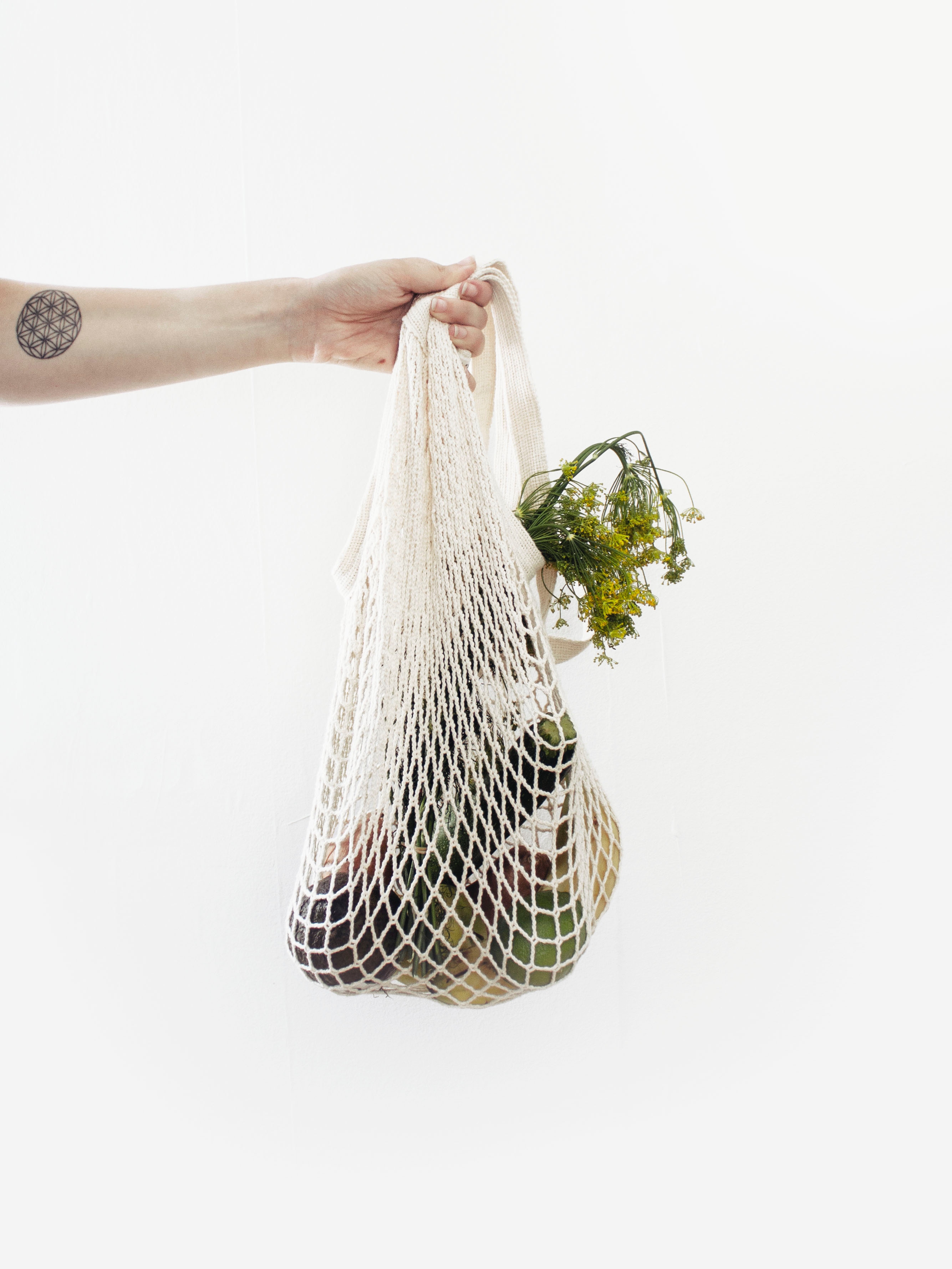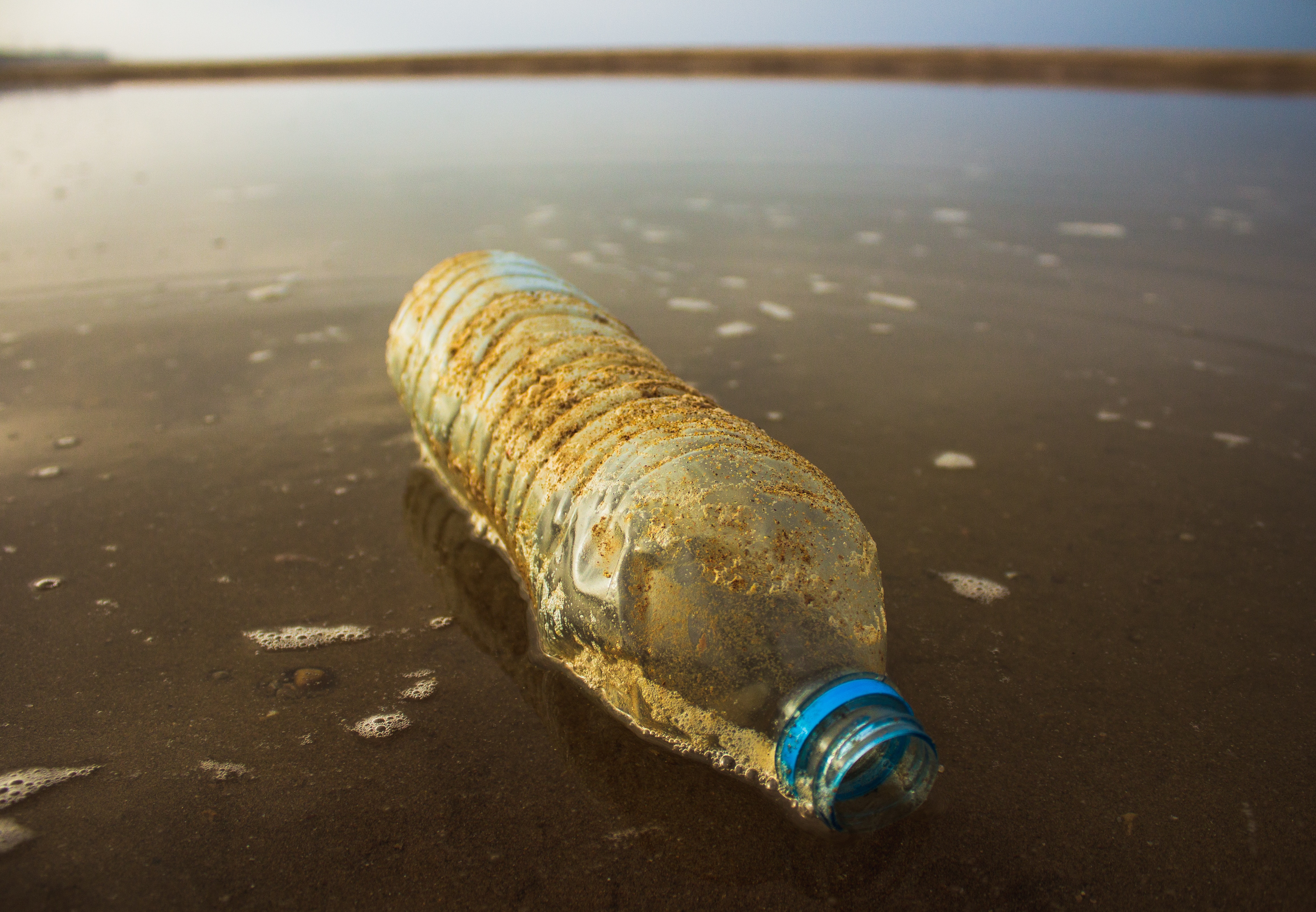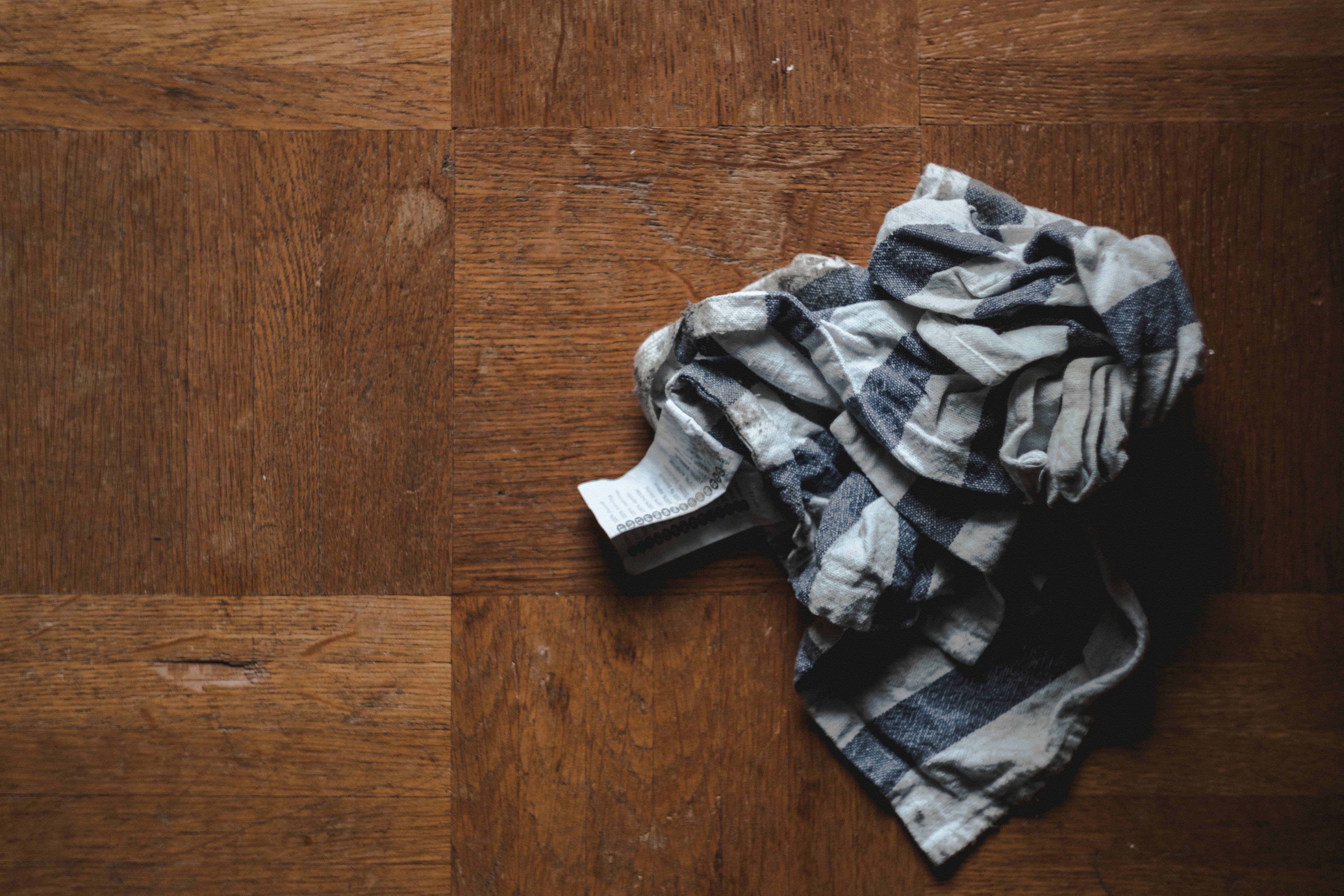Small changes can make a big difference.
Not only is being eco-friendly like giving our planet a big hug every morning, some options can also be great for a bit of savings here and there.
We all know what we should be doing, so why is it so hard to change habits. Here are a few tips and tricks to get you started.
Reusable bags – Many supermarkets have canned the plastic bags or are charging for them. Make sure you keep your reusable bags in the boot of the car so you don’t forget when you go to do your groceries. I put mine back in as soon as they are empty. You can buy small mesh or crocheted bags to fit nicely into a backpack or handbag, never get caught out again. Supermarkets sell reusable bags starting at just $1 each and some also have places to recycle your soft plastics from past shops.

Food wrap – beeswax wraps are everywhere. You can buy them in stores, online and chances are someone you know makes them. Wrap your sandwiches, biscuits, slice, or whatever else in it instead of using plastic food wrap. They mould well and use the warmth of your hand to soften the beeswax and get it to fit nicely over bowls and plates. Easy to clean, store and use again.
Reusable containers – Sold at homeware stores and supermarkets, these are a great way to stop buying single serve items. Buy in bulk and save! Yogurt pots are very convenient but oh so wasteful. Buy the 1 litre containers and put what you want in the container for your lunch. Also stops thing getting ‘squished’. It won’t make your lunch box yucky, just put the lid back on. Put left overs, snacks, popcorn or rice in. Handy for chopping veggies up and storing in the fridge as many will stack nicely saving room and time when you need them for dinner.
Reusable water bottle – No need to buy a new bottle when you are out. Make sure you have packed one with you when you go out and you won’t be caught out thirsty again. Saves on plastic and money, win win.

Ditch the bin liner – Most rubbish bins have a plastic inner that comes out, or has a lid the clips onto it and easily removed. Simply tip it into your wheelie bin when full. Only needs a wash out with some warm soapy water after emptying. No point putting plastic into an already plastic and easily cleaned bin. Let’s face it, they normally leak and you have to wash them out every now and then anyway.
Freeze food – Waste is a common occurrence with food. You make too much dinner, pop a plate in the fridge with the intention of eating it and then you don’t…in the bin it goes. Freeze it! If you do want to eat it you will need to thaw it first but at least you won’t waste it. Same with veggies in the fridge near their best. Cut them up and pop them in the freezer for when you want them. Lemon juice and cream too, freeze in ice cube form for when you are cooking or making a drink. A full freezer is more economical on power too.
Bulk food stores – These places are great for savings and also allowing you to buy what you need, rather than just go for what’s on special in its fancy packaging. You can bring in your own containers, have them weighed first and they can deduct that from the weight of your purchase. Great to save on those little plastic bags at the super market as well as pre-packaged goods such as flour, rice, cereals & pet food to name just a few.
Line dry – The clothes dryer is one of the biggest electricity users. If the sun is shining why not hang the washing outside on the line and let it dry naturally. Perfect for towels and items you don’t need in a hurry and that take the longest time to dry in the dryer.
Rags – cleaning rags don’t have to be pretty, their job most certainly isn’t. You can make then yourself out of old t shirts and clothing. Old linen tea towels are great for cleaning glass and windows. Also perfect for those cleaning jobs where you are going to have to throw away whatever it is you’re using afterwards.

Shower head – Having the water blasting out of the shower head at the speed of light can be very therapeutic, but also very wasteful. Try installing a low flow shower head to minimize water or if you simply cannot do without, try and cut your shower time down, even 1 minute helps.
Just a couple of small changes can help you save money, time and the planet on plastic bottles, one at a time.

Brent Palmer – Professional Real Estate Consultant
About the Author: The above article on Eco-Friendly at Home was written and provided by Brent Palmer, a local leader in the field of Richmond and Nelson Real Estate sales, marketing, advanced technology for home selling, and social media. You can contact Brent Palmer here, or at 027 544 9921.
He has helped many people buy and sell homes in the Nelson, Stoke and Richmond areas for years, and would love the opportunity to help you as well.
Thinking of selling your home? I have a real passion for helping people sell their homes in our Nelson and Tasman Region, as well as the marketing, social media & advanced technology for home selling that goes along with it. I’d love to have the opportunity to sit down with you discuss how we can work together to get you the best price.
I help people buy and sell real estate in the following Nelson and Tasman towns & neighbourhoods: Wakefield, Brightwater, Hope, Appleby, Redwood Valley, Mapua, Stoke, Tahunanui, Atawhai and of course, Richmond and Nelson City. Connect with Brent on Facebook and pretty much everywhere else.
Know someone who needs help with real estate? Be rewarded and REFER them here



